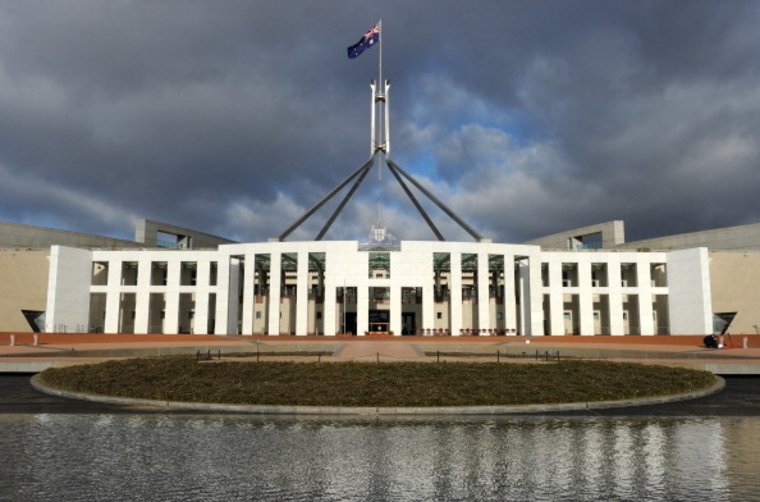There has never been a time since the end of World War II when it has been more important to scrutinise government and hold politicians to account. There are monumental issues for the federal Parliament to debate. The future of JobKeeper, suppression v elimination strategies for COVID-19, and the billions of dollars that are flying out of Treasury at the moment.
 Parliament is the only way for these debates to be had and decisions to be adequately scrutinised.
Parliament is the only way for these debates to be had and decisions to be adequately scrutinised.
Our elected politicians have been asking businesses and schools to change what they are doing to become "COVID-safe" workplaces. Anything a politician asks a business owner to do, MPs should do also.
At the beginning of the pandemic, Prime Minister Scott Morrison said: "Everyone who has a job in this economy is an essential worker. Every single job that is being done in our economy with these severe restrictions that are taking place is essential."
On Saturday Morrison announced that Parliament's next sitting fortnight, due to begin on August 4, has been cancelled due to medical advice. He said he did not believe it would be right to exclude parliamentarians from Victoria from the Parliament.
The federal Parliament sat during World War 1 and WWII. During the blitz, Winston Churchill ensured the British Parliament still sat.
Federal Parliament has been called off next month after Prime Minister Scott Morrison was warned it was too high risk for Victorians to attend.
If what we have is a COVID-suppression strategy, where breakouts are inevitable, the PM and premiers have rightly said we cannot keep opening and shutting down the economy. Shutting down Parliament seems to go against that advice.
In Britain, even at the height of the pandemic crisis, the Parliament was able to come together remotely. On April 21, it approved a motion that would allow members to participate either virtually or physically in the chamber. MPs could take part remotely over the course of any "hybrid proceedings".
Why is this too difficult in Australia? Finance Minister Mathias Cormann said it was "not practical" for Parliament to run via video-conferencing.
Yet there is no legal or constitutional barrier to holding virtual sittings of Parliament. Standing orders could be altered or legislation passed here, as in Britain, to allow for members and senators to participate in parliamentary sittings virtually. Our politicians are already doing as much for parliamentary committees.
It is important in a parliamentary democracy that our leaders can still come together via reasonable modern means, during a pandemic, to make decisions on behalf of the people who elected them to serve.
There is an important principle at stake here. In Victoria, the state that is the origin of the latest outbreak, the Andrews Labor government has blocked all attempts to scrutinise decisions through the parliamentary accounts and estimates committee and it has suspended Parliament indefinitely. This is a terrible precedent for the federal government to follow.
Scott Morrison said earlier this year that MPs have a bigger job to do in their communities than in Canberra. Which is absurd. The job of an MP and senator is to represent the communities in Parliament, so their concerns are taken up by the government.
Parliament is where the decisions that politicians make are explained to the public. The community still does not know whether governments are pursuing a strategy of suppression or elimination. The goalposts are constantly changing and the Parliament is where those decisions can be debated and scrutinised.
"We're all in this together." That's the phrase the Prime Minister has led with.
At his National Press Club address last month, upon receiving a question from Channel Ten's Peter van Onselen, Morrison declined to follow the lead of New Zealand Prime Minister Jacinda Ardern and cut the pay of politicians and senior public servants by 20 per cent, to match the pain going on in the private sector. The cancelling of Parliament is just another reason that we are not all in this together.
No comments:
Post a Comment